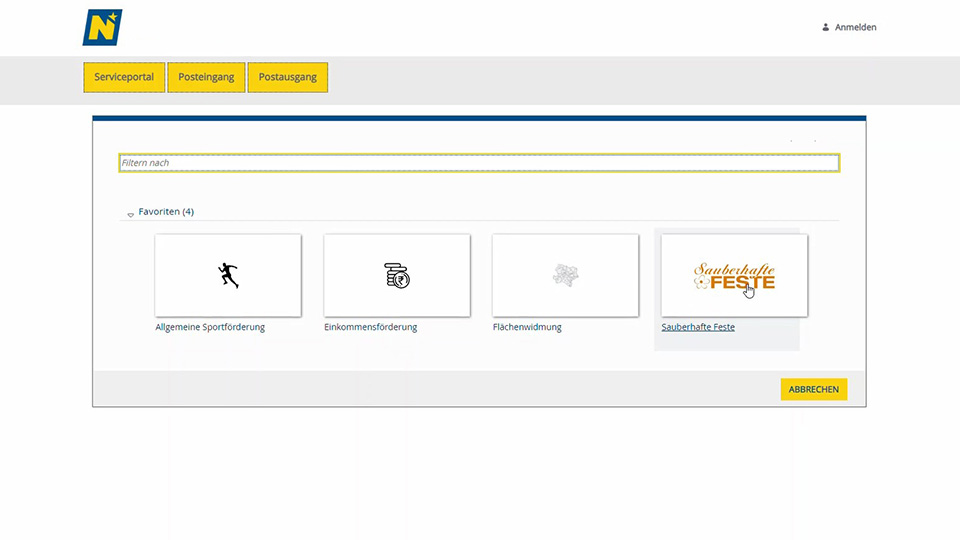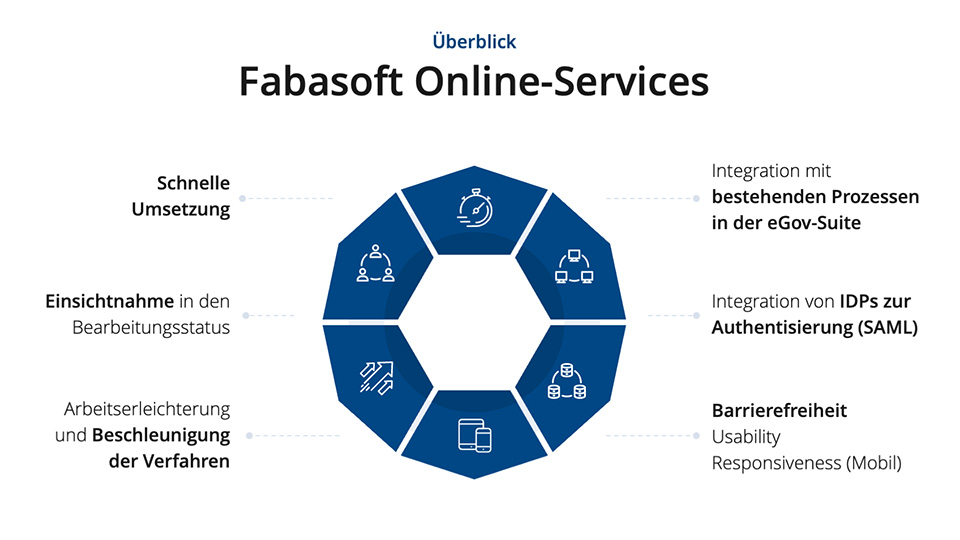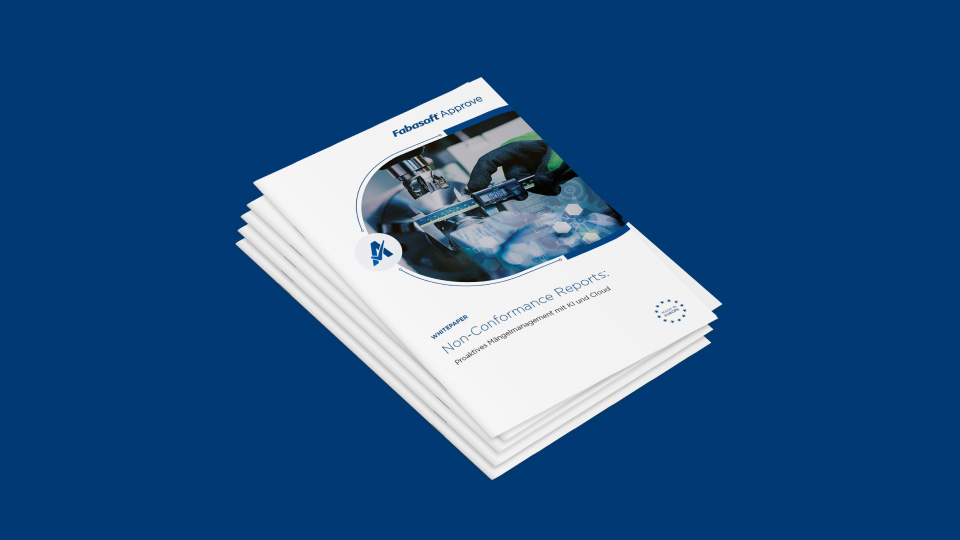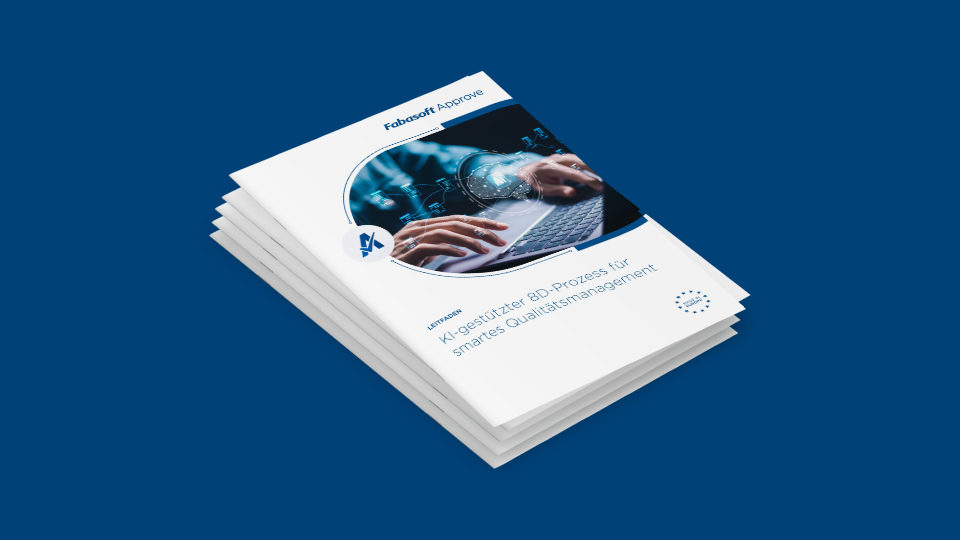Citizen-oriented online services have been available in Austria since 2003. These now range from the federal government's e-government portal to digital services provided by local authorities, which make it easier for people to access local information and services. This allows citizens to deal with their concerns conveniently from home or on the move. But how do the respective administrations actually implement these digital services? How much effort is required by the relevant offices and how can this be minimized?
Current state of online services in Austria
Most public offices in Austria offer online forms. The data entered is transferred via an intermediate server to the administrative software of the public sector employees. Some authorities handle online services via specialist applications. In most cases, these are funding procedures with integrated calculations. The development and maintenance of such applications often require close cooperation between IT specialists and subject matter experts to ensure that they meet the technical requirements and function smoothly. In addition, there are still departments that only provide online fillable PDFs. This type of communication requires government employees to manually enter the applicant's data into their administrative tools.
The current online services are therefore often time-consuming for the authorities, both in terms of development and maintenance as well as in the processing of incoming requests. Since the coronavirus pandemic at the latest, when politicians granted numerous emergency aid measures, public authorities have been forced to react quickly to political decisions. How can authorities drive the digital transformation forward and offer services faster and more independently - and with fewer staff?
User-friendly online services with low-code/no-code
The state of Lower Austria works successfully with the ELAK, the electronic file based on the Fabasoft eGov-Suite, and has asked itself precisely these questions. The administrative office has therefore launched a project together with Fabasoft to provide online services quickly and easily using low-code/no-code. The aim is to fully digitize application processes without media discontinuity. This means that the authorities will provide all citizens and companies with an end-to-end digital offering, from the application and interaction to status information and downloading the final result.

"In the state of Lower Austria, we carried out a proof of concept together with Fabasoft within a short space of time. After just three months, we were already able to implement the online services. We are currently in the process of setting up the test environment in order to go live with the online services in the first quarter of 2024." - Stefan Haubenwallner, Office of the Provincial Government of Lower Austria
Low-code/no-code are graphical development environments in which specialist employees without in-depth programming knowledge can easily and independently develop software-based applications for their respective area or adapt existing ones.
In the eGov ecosystem, eGov Suite customers use the so-called low-code/no-code form generator. This enables administrators to simply "click together" online services. The Fabasoft eGov-Suite simultaneously generates the corresponding administrative background process. This enables public administration to create and publish online services in the shortest possible time, even without IT specialists.
"At Fabasoft, we want to create concrete benefits for our customers quickly and easily. With the help of low-code/no-code, we enable authorities to get in touch with their citizens and organizations directly and without media discontinuity and to implement application procedures, suitable forms, templates and processes independently." - Matthias Wodniok, Member of the Fabasoft Management Board
Applicants fill in the form fields directly in the eGov Suite in their web browser and upload the required documents. These are sent to the case handlers' files without an intermediate server. After submitting the application, citizens automatically receive a confirmation of receipt, have access to the process and receive regular status reports digitally. Public authorities thus benefit from a continuous digital end-to-end process in the Fabasoft eGov ecosystem, and users know the processing status of their application at all times. This makes communication much easier, explains Petra Stummer from the Office of the Lower Austrian Provincial Government:
"Alongside the online services with low-code/no-code, we are also implementing a service portal for our citizens and companies. This enables them to view their files and collaborate with the office simply and easily. This really is a great added value, both for the users and for the state of Lower Austria as an administration."
Fast implementation relieves employees
After the pilot project and a proof of concept, as is currently the case in the federal state of Lower Austria, customers work independently to create new application procedures and services.

"The tools for developing online services are all already at the customer's disposal. It takes two to four months to set up a low-code/no-code platform, including the transfer of expertise. Our customers are then able to create a wide variety of online processes independently and go live within a few days." - Matthias Wodniok, Member of the Board of Fabasoft
The display of eGov-Suite fields in citizens' web browsers and the semi-automated processing of applications via the Fabasoft eGov-Suite have already proven their worth in the past. Until now, however, the creation of forms was reserved for IT specialists and therefore more time-consuming - this changes fundamentally with low-code/no-code. The rapid implementation, without the need for extensive programming knowledge, significantly simplifies and accelerates processes and thus counteracts the shortage of skilled workers. Employees in public administration find their work easier thanks to the Fabasoft eGov-Suite's seamless workflows, which also further improves the quality of service provided to citizens and companies.
Are you also interested in simple online services through the use of low-code/no-code platforms? Please feel free to contact us.
___________________________________________________________________________________
Mag. Petra Stummer is Head of the IT Department at the Office of the Lower Austrian Provincial Government.
Ing. Stefan Haubenwallner is head of the ELAK team at the Office of the Lower Austrian Provincial Government.




